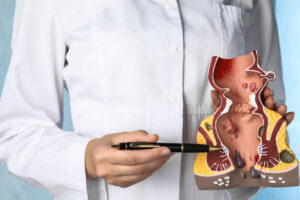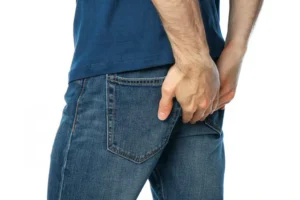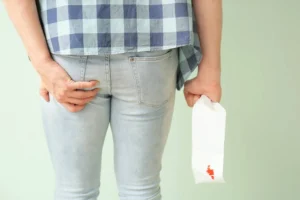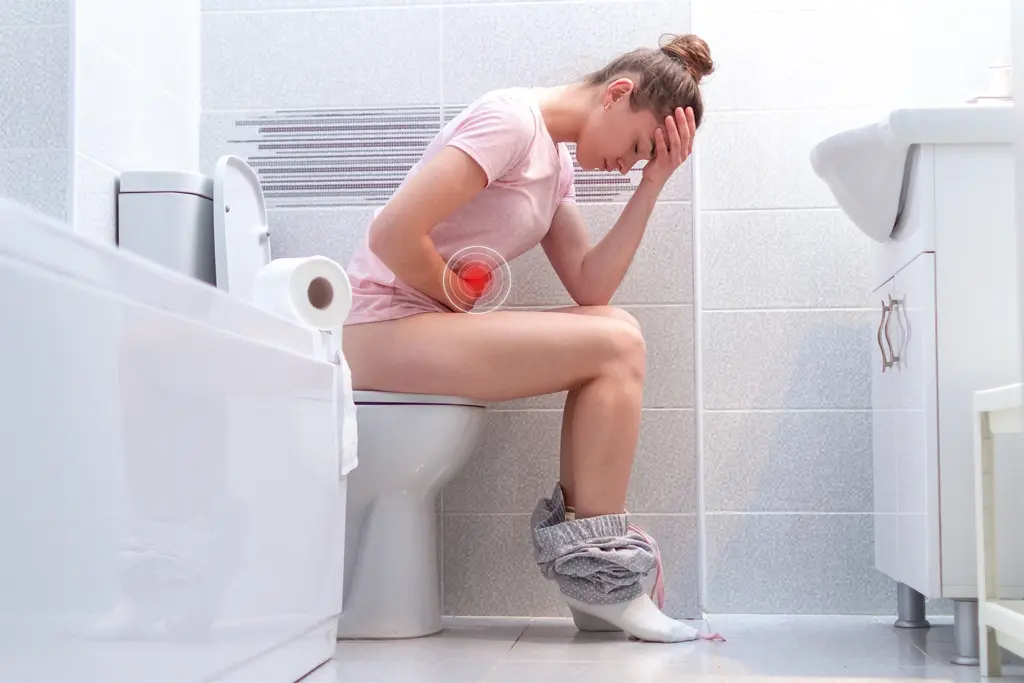
Anal Fissures: Felt a sharp, burning pain during a bowel movement? You’re not alone. Many people have this discomfort but hesitate to mention it. One common cause is an anal fissure, a small tear in the lining of the anus. The good news: it’s more common than you think, and in most cases it’s treatable.
What are anal fissures?
An anal fissure is a small tear in the skin at the opening of the anus. It’s tiny but can be very painful, especially during or after a bowel movement. You might see blood on the toilet paper or in the bowl and feel a burning or stinging sensation afterwards. In addition, some people may experience itching and irritation in the vicinity of the tear or notice a tiny skin tag or lump.
Also Read | Piles, fissures, or fistulas? Don’t fall for these common myths
Why do anal fissures hurt so much?
Your anus has many nerve endings, making it particularly sensitive. Even a small tear can feel like a deep cut every time you poop, which can stretch or reopen, causing more pain and sometimes bleeding.
What causes anal fissures?
When stool is hard and you have to strain, the delicate skin at the anal opening can crack, much like chapped lips. On the flip side, frequent loose stools irritate and thin the skin, making tears more likely. Some women develop fissures after childbirth from pressure and straining. Very tight anal muscles can also reduce blood flow, slowing healing and increasing the chance of another tear.
Who gets anal fissures?
Babies, kids, and adults – anyone can get fissures. They’re more likely if you have chronic constipation or diarrhoea or eat a low-fibre diet.
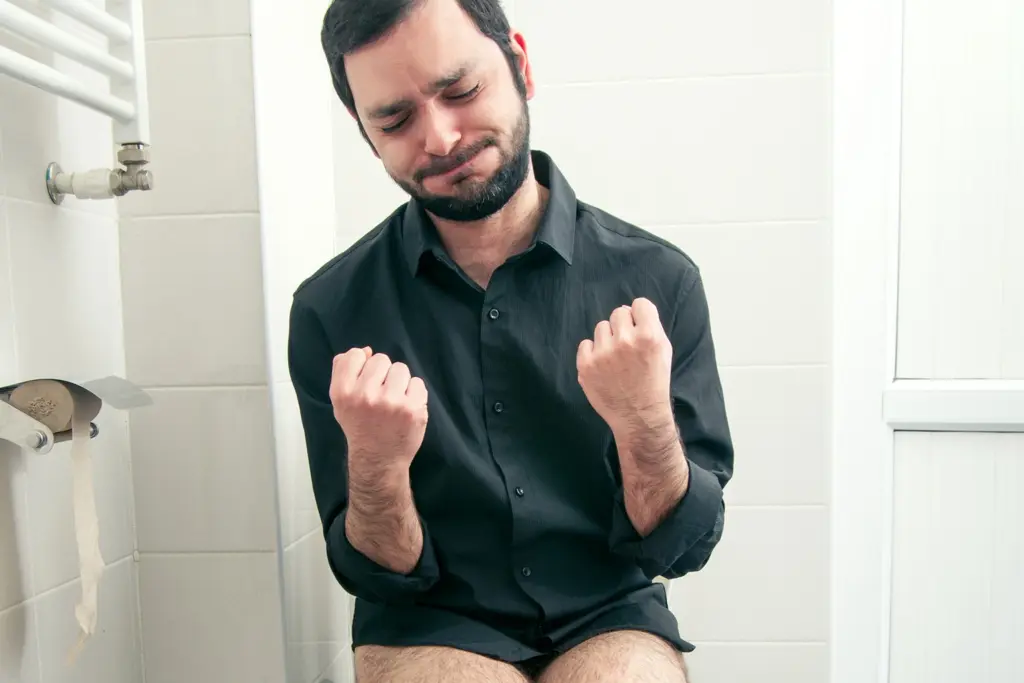
How are anal fissures diagnosed?
If you feel sharp pain and see bright red blood with bowel movements, see your doctor or a gastroenterologist. They’ll ask about symptoms and do a gentle exam of the area. Most cases don’t need major tests unless something more serious is suspected.
How can you prevent anal fissures?
- Eat more fibre and drink enough water every day.
- Don’t ignore the urge to poop.
- Avoid straining and limit the time spent sitting on the toilet.
Also Read | What causes anal itching? Infections and other possibilities explained
A fissure is a small tear, but it can cause significant discomfort. With the right care, most people heal quickly and feel normal again. Anal fissures are common, so don’t be embarrassed to talk about rectal pain or bleeding. If you get sharp pain during a bowel movement, don’t ignore it; your body is asking for help.




